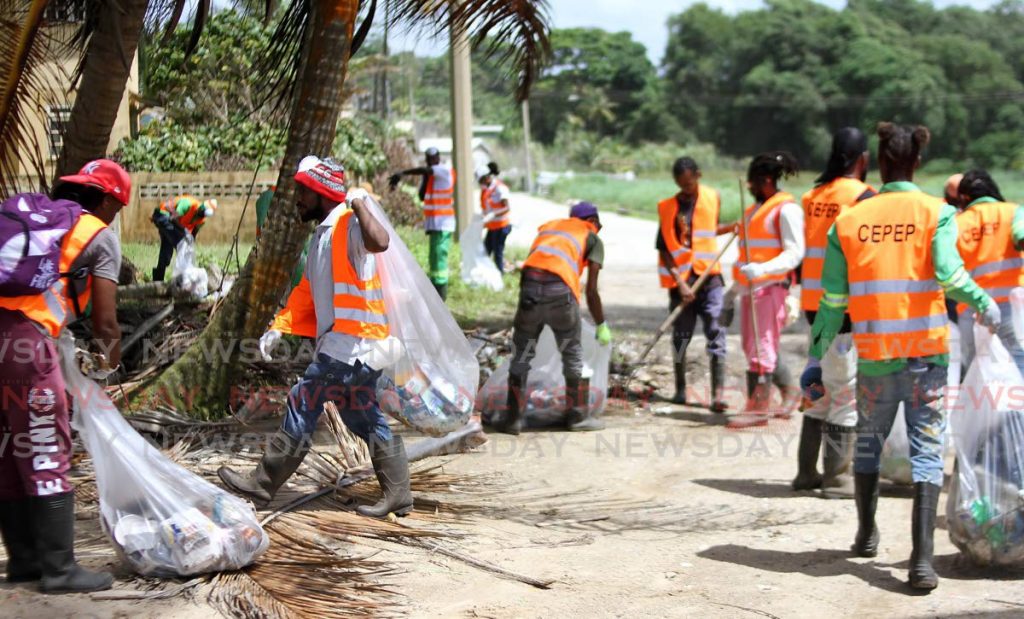CEPEP not long-term solution

In an unusual statement on Tuesday, the Prime Minister declared that increasing funding to CEPEP was as important as awarding scholarships.
While his political rationale is sound – the Government's increasingly diminished resources should be allocated with humane concern between its poorest and its most ambitious – there is something fundamentally wrong in saluting CEPEP as a solution to the problems facing the nation.
Education cannot be sensibly compared with make-work schemes as development strategy.
The Government should not be managing CEPEP as a social support programme. It was introduced with nobler goals, but has become a successor to previous make-work programmes like its predecessors DEWD and the other acronyms that masked payment for inconsequential projects in the guise of project work.
CEPEP was supposed to change that, acting as an incubator for nascent small business, nurtured through government contracts. Contractors would develop into service providers capable of making a real contribution to the national economy.
The CEPEP company's stated mission is "Working for the nation by protecting, enhancing and building our communities through environmental entrepreneurship."
How does it fulfil that mission? By engaging in environmental cleanup, beautification and maintenance, removing dead animals and being the second responder of the ODPM in natural disasters. More recently, it has found a role in tidying covid19 step-down facilities.
Its other missions are more difficult to substantiate.
The role of CEPEP in collecting, sorting and batching recyclable materials remains a national secret and its role in maintaining nature trails, picnic sites and other public spaces is a distinctly dubious claim.
CEPEP's services are available for private hire, but those operations are less well-known than the reports that it has been a safe harbour for money laundering, ghost gangs and their very real and violent criminal counterparts.
In the 2020 budget, wages for CEPEP and URP workers were increased by 15 per cent, raising economists’ eyebrows over a move that ran counter to best-practice economic development theory.
A promise by Finance Minister Colm Imbert in October 2017 that CEPEP was under review yielded little change and none of the expected strategic revamp of the state agency's business practices.
In October 2018, Local Government Minister Kazim Hosein said CEPEP contractors who did not pay NIS on behalf of their workers would be terminated.
Dr Rowley promised in July 2019 that criminals would be removed from social support programmes.
An increase in spending on CEPEP should be accompanied by a commensurate insistence on accountability and transparency in its operations.
If more is to be spent on the programme, more must be expected from it, and specifically, from the government's management of it.

Comments
"CEPEP not long-term solution"